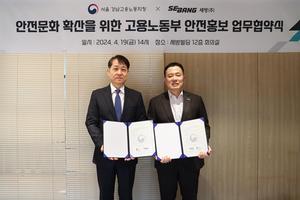 |
John Dalton was an English chemist that developed the atomic theory which serves as the foundation of modern chemistry and allows new scientific discoveries like nuclear energy. His development in the atomic theory took a long process but in the end was invited to join several different prestigious science societies and received Society's Royal Medal for his atomic theory.
His atomic theory was the first to describe all matter in terms of atoms and their properties while explaining three laws: the law of conservation of mass, the law of constant composition, and the law of multiple proportions. Dalton developed his theory by only receiving education until the age of 11 then teaching himself science, mathematics, Latin, Greek, and French. After a few years of working at the school where he attended, he helped his brother run a boarding school. Here, he taught science, mathematics, Latin, Greek, and French. Then, when he turned 19, he became the school's principal and served in this role for seven years. When John Dalton turned 26, he became a mathematics and natural philosophy teacher at Manchester's New College.
During his years working as a principal, he considered studying law or medicine but was rejected by his family for being a Dissenter. As a result, John Dalton faced many challenges and limitations in the professional and educational arenas. Despite the obstacles, Dalton went on to study color blindness, a condition both he and his brother suffered from. Eventually, he published his first scientific paper, "Extraordinary Facts Relating to the Vision of Colors." Although his theory had many errors, the condition was named after him as Daltonism. Subsequently, he published more research papers on various topics, such as heat conduction, gas expansion by heat, the properties of light, the aurora borealis, and meteorology. Also, after seven more years of being a teacher at Manchester, he left the school when the school was experiencing financial difficulties.
Afterward, he worked as a private science and mathematics tutor until the early 1800s, when he started lecturing in Manchester on his research about gasses and liquids. He shared novel ideas and analyses about the nature of gasses, ultimately leading to the atomic theory's discovery.
윤해민 강남포스트 학생기자 webmaster@ignnews.kr
<저작권자 © 강남포스트, 무단 전재 및 재배포 금지>

 고용노동부 강남지청-세방(주), 안전문화 확산 위한 업무협약 체결
고용노동부 강남지청-세방(주), 안전문화 확산 위한 업무협약 체결


